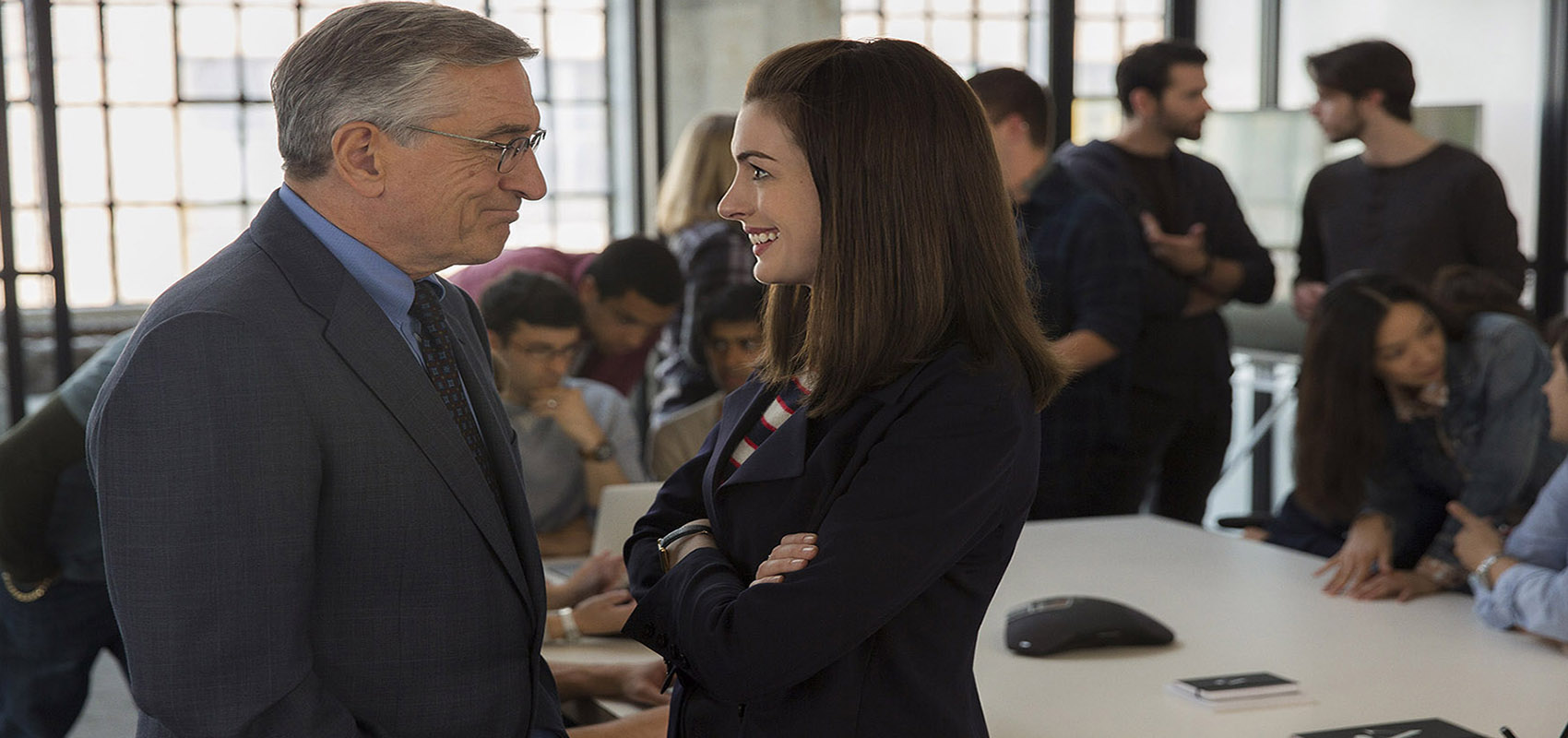
So you think the scenario played out in the new Robert DeNiro film The Intern is just Hollywood poking fun at the workplace? Think again. Let’s face it: The economic meltdown is still impacting the employment landscape for everyone. Part of that change includes the “new internship.” No longer is this position for a student or recent graduate. In fact, a number of experienced job seekers are leveraging the position as an opportunity for future employment to keep their skills sharp or simply re-define their career paths.
According to Cari Sommer, the co-founder of UrbanInterns.com a site that connects employers with candidates seeking internships, part-time jobs and freelance work, the definition of internship has evolved. “Internship doesn’t just mean eight weeks over the summer at a big corporation,” she says. “A lot of time interns are needed by growing companies throughout the year, for hours per week (as opposed to just full time for a specific number of weeks).”
Whether they’re eight hours each day or a few hours each week, experts say internships aren’t necessarily a bad strategy for adults with previous work experience. Dr. Kristin Cardinale, career coach and author of The 9-to-5 Cure, explains, “The internship is training, a bartering of sorts whereby the intern exchanges time and effort for an opportunity to gain experience and look into the workings of a job or career field that would otherwise be inaccessible to them.” Plus, she mentions idle time is put to good use from a productivity standpoint. “The power of ‘time-off’ is underrated; unemployment can be the most liberating, inspiring time of a working person’s life when used well.”
You also can’t discount the ability to make new connections because your foot—and face—are already in the door. Having immediate access to key decision makers is a plus and as Dr. Cardinale points out¬ it “can lead to an increased likelihood of future employment within the organization.”
